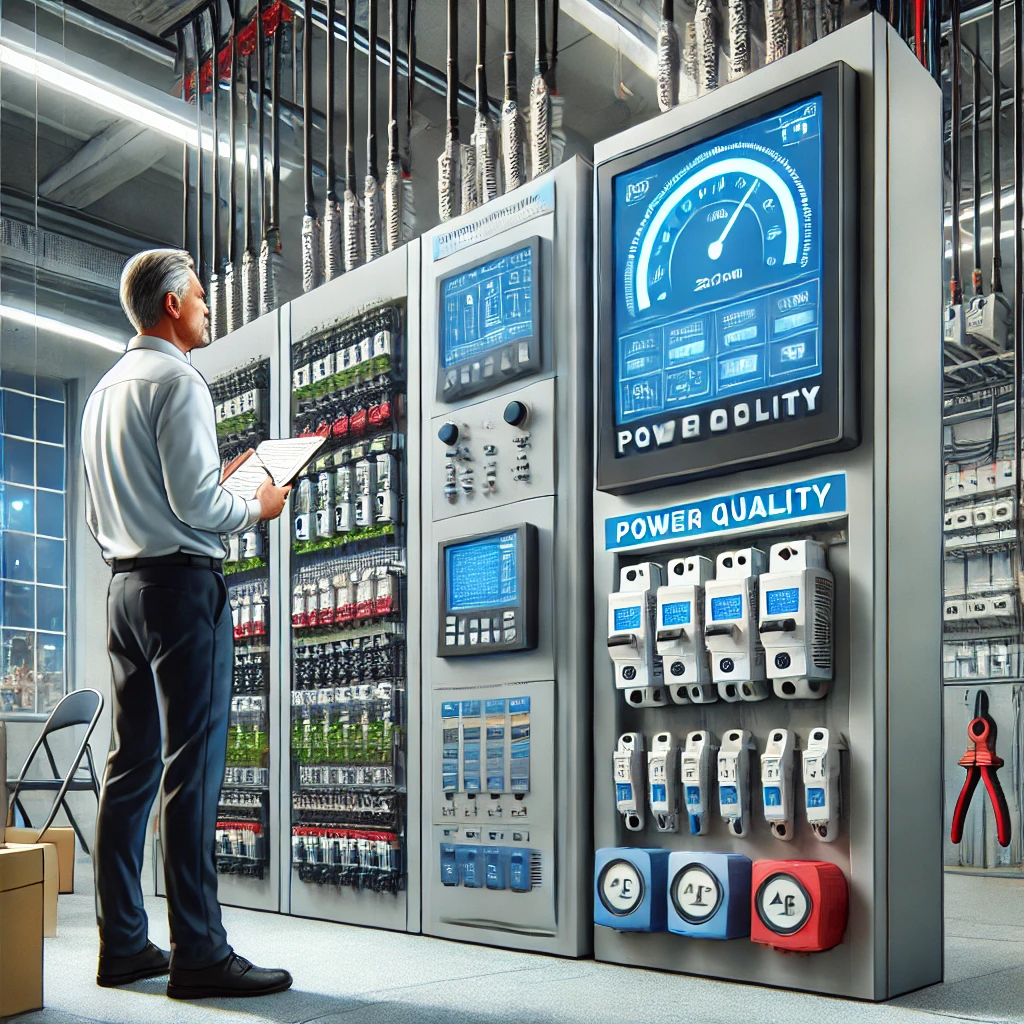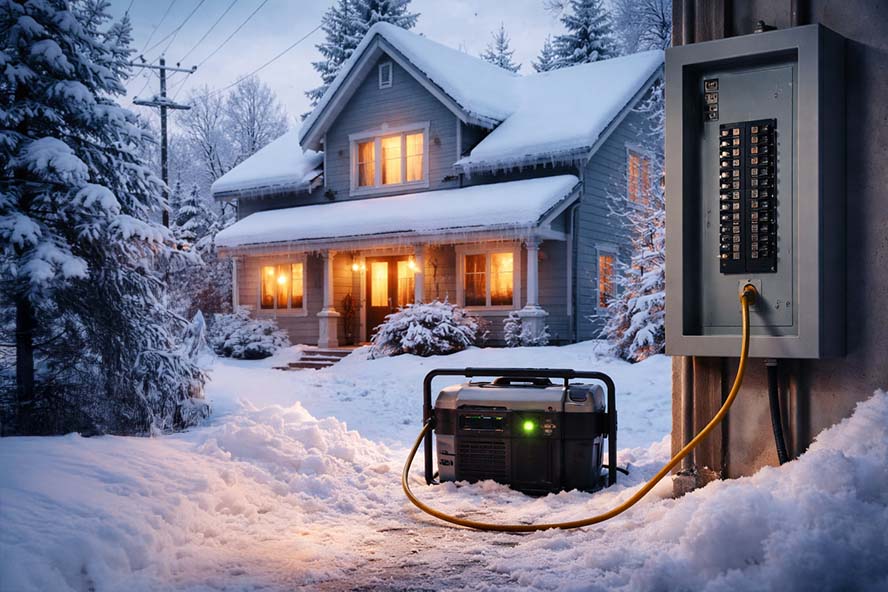Introduction:
In today’s high-tech world, commercial properties depend more than ever on stable, high-quality power. Poor power quality can lead to equipment malfunctions, increased energy costs, and even dangerous conditions like overheating or fires. Understanding power quality issues and how to prevent them is essential for business owners looking to protect their investments and ensure continuous, reliable operation.
1. What is Power Quality?
Power quality refers to the stability, consistency, and efficiency of the electrical power supplied to a facility. Ideal power should have a steady voltage, frequency, and waveform. Any deviations, such as power surges, voltage dips, or harmonic distortions, can compromise equipment performance and lifespan.
2. Common Power Quality Issues in Commercial Buildings
- Voltage Fluctuations: Sudden changes in voltage, known as dips or surges, can lead to overheating and even damage equipment.
- Harmonic Distortions: Caused by non-linear electrical loads like computers and other digital devices, harmonic distortions lead to inefficiencies and heating issues.
- Power Factor Problems: Poor power factor, caused by excess reactive power, can increase utility costs and put additional strain on equipment.
3. Why Power Quality Matters
Poor power quality can lead to costly equipment repairs, unexpected downtime, and increased energy bills. For businesses that rely on sensitive electronics, like data centers or medical facilities, power issues can even lead to data loss or equipment failure, resulting in significant losses.
4. How to Improve Power Quality
- Regular Power Quality Audits: Schedule audits to analyze and identify potential issues in your electrical systems.
- Power Conditioners: These devices can filter out unwanted fluctuations and surges, ensuring your systems receive stable power.
- Surge Protection: Installing high-quality surge protectors can prevent damage from sudden spikes in electricity.
- Upgrade to High-Efficiency Equipment: Modern equipment is often designed to handle power fluctuations better, reducing risks associated with poor power quality.
5. Work with a Commercial Electrician
A commercial electrician can provide the expertise needed to maintain high power quality. They can perform audits, install necessary equipment, and suggest upgrades tailored to your facility’s needs. Ensuring power quality isn’t just about energy efficiency—it’s a way to protect your investment, maximize equipment lifespan, and maintain a safe and productive environment.
Conclusion:
Power quality is a critical component of a well-functioning commercial electrical system. By understanding and addressing power quality issues, business owners can prevent costly damage, reduce downtime, and optimize energy use. Contact us to learn more about power quality solutions tailored to your business needs.
https://justthecapitalregion.com/listing/eric-gandler-development-electric-llc/






